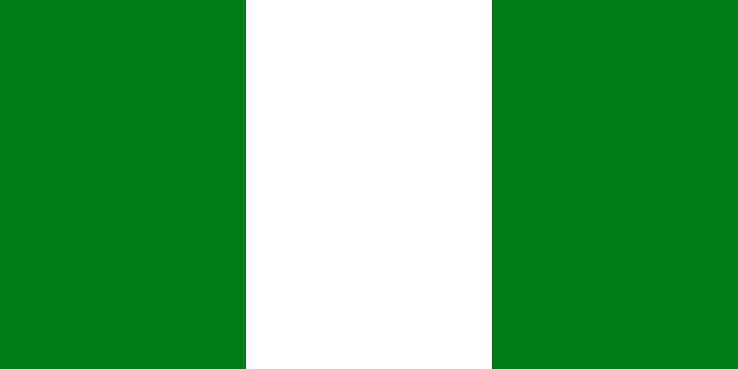NIGERIA: FG Urged to Tackle Poverty through Financial Inclusion

By Dike Onwuamaeze
The federal government has been advised to promote financial inclusion, equitable distribution of resources and infrastructural development as tools to drive Nigeria’s post COVID-19 economic recovery and to reduce poverty in the country.
The advice was given by The Boston Consulting Group (BCG), a global management consultancy firm, in its report that was titled: “How to Forge an Inclusive Post-COVID-19 Recovery in Nigeria.”
The report, which was authored by a Partner at the BCG, Mr. Tolu Oyekan, stated that the tools would stave off the COVID-19 induced economic contraction that could further compound the poverty situation in the country.
Oyekan also posited that financial inclusion through infrastructural intervention projects would reduce the percentage of Nigerians that are living below the poverty line and have positive multiplier effect on the economy.
He listed the electrification of rural households through a pay-as-you-go (PAYGo) solar service and cashless transactions via telecom propelled mobile money platforms as examples of infrastructural intervention projects that could be used to tackle poverty in Nigeria.
The report stated that those with existing mobile money account would have a higher chance of accessing new home solar power systems and mini-grids the federal government is targeting to install for over five million low-income households by the end of 2023.
Oyekan said: “Our analysis shows that a PAYGo loan would make solar kits affordable for about half of the 31 million households that do not have reliable electricity and may also considered being in the low-income bracket.
“What’s more, we found that 3.2 million out of 17 million households currently using kerosene and candles as their lighting source could afford the monthly PAYGo payments based on their current spending on lighting, plus about 10 per cent of their nonfood budget.”
He highlighted a recent USAID research which estimated that between 15 to 30 per cent of PAYGo solar customers would create a credit history for the first time when they purchase a solar home system with a PAYGo plan, adding that “credit history could, in turn, lead to other loans for large expenses, such as school fees, which can consume up to 40 percent of a family’s annual income.
“Credit histories are also a critical driver of growth for small-business enterprises and first-time business entrepreneurs.
“We continue to believe that the best course for the government is to accelerate economic policy reforms and investments that accentuate inclusive development and position the country for a stronger post-pandemic economic recovery.”
He, therefore, stated that inclusive approach to economic recovery could protect the most vulnerable populations in the short term and improve their prospects in the long term.
Commenting on the probable economic fallout of the COVID-19 pandemic in Nigeria, Oyekan made a strong case for financial inclusion via enhanced electronic payment system as way to ameliorate poverty that is currently ravaging almost 83 million Nigerians (about 40 per cent of its population) that still live below the country’s poverty line of $381.75 per household, per year, according to the 2018-2019 living standards survey by the country’s National Bureau of Statistics (NBS).
“Specifically, the government should focus on expanding mobile smartphone service, digital financial services, and home-based solar electricity for low-income households.
“We expect that the scaling up of mobile money accounts, along with home solar power kits financed with installment loans, will have a sustained economic impact on low-income populations well beyond any 2021 recovery.
“While increases in poverty and economic inequality are possible, they are not inevitable. Linking economic inclusion initiatives across several industries could also have positive and enduring multiplier effects.
“In Nigeria, the push for cashless transactions has prompted mobile money providers to leverage the networks of telecommunications companies in order to sign up mobile money customers. This is important because most poor Nigerians own a cell phone, but they don’t have a bank account.
“In August 2020, the CBN licensed three new PSBs, which can now offer high-volume, low-value digital transaction services, such as remittances, micro savings accounts, and withdrawals. Extending the reach of mobile banking services to rural unbanked populations could also allow the government to deliver social welfare benefits directly to those citizens’ bank accounts,” the report stated
SOURCE: THISDAY
 Africas leading resource for digital financial services
Africas leading resource for digital financial services


comments